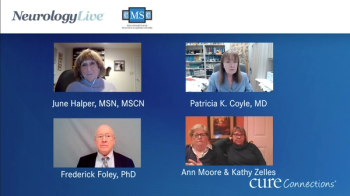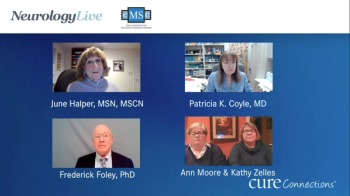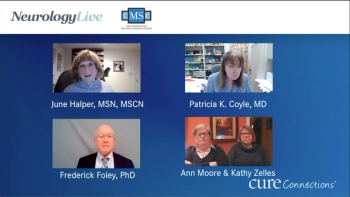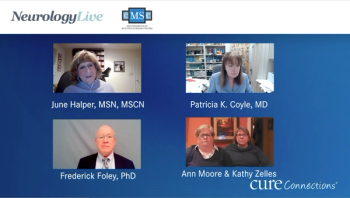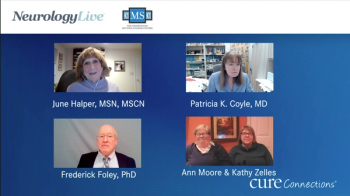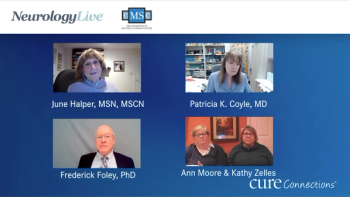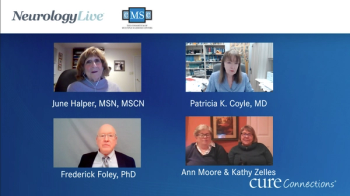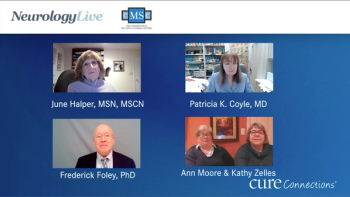
The director of the Multiple Sclerosis Experimental Therapeutics Program at Johns Hopkins Medicine offered insight on the TREAT-MS trial to attendees of the CMSC 2021 annual meeting.

The director of the Multiple Sclerosis Experimental Therapeutics Program at Johns Hopkins Medicine offered insight on the TREAT-MS trial to attendees of the CMSC 2021 annual meeting.

Data further investigated the impact of how individual disease-modifying therapies affect outcomes for this patient population.
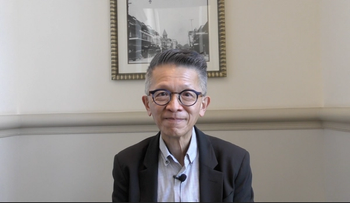
The director of the Multiple Sclerosis/MRI Research Group at the University of British Columbia spoke to the portable Standardized MRI Protocol card that is being distributed in an effort to better inform the community to follow the newly published guidelines. [WATCH TIME: 2 minutes]

In the presidential lecture series at CMSC 2021, Ellen M. Mowry, MD, called into question whether or not the induction treatment approach in multiple sclerosis does in fact present a higher chance of preventing long-term disability.

Investigators provided 4 strategies for health care providers to implement when speaking to patients with MS, in an effort to improve communication between both parties.

Real-world data from a single-center study with more than 4 years of follow-up showed similar rates of moderate infections and malignancies to the general population with multiple sclerosis.

The results demonstrate a positive change in patients with previous disease-modifying drug failures.

Patient data were evaluated over a 3-year period, with analyses from baseline, year 1, and year 2 presented at previous CMSC meetings.

Both diets resulted in patients with MS reporting significant changes on Perceived Deficits Questionnaire scores for fatigue and cognitive dysfunction after 12 weeks of intervention.
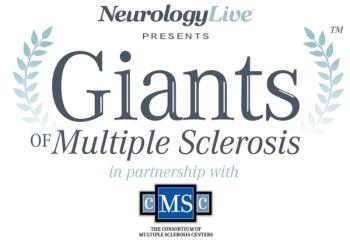
The first-of-its-kind, peer-nominated recognition program will celebrate the comprehensive care community in multiple sclerosis.
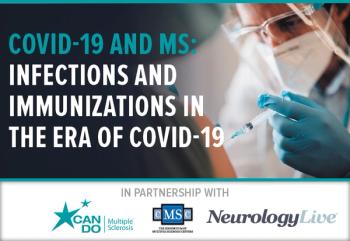
Watch the "COVID-19 and MS Summit – Infections and Immunizations in the Era of COVID-19" broadcast today!

"Mind Moments," a podcast from NeurologyLive, brings you an exclusive interview with Scott D. Newsome, DO, and David Li, MD, FRCPC.
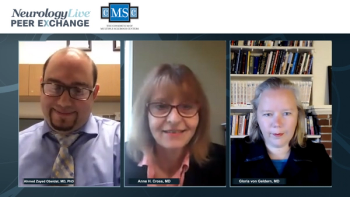
Join Ahmed Obeidat, MD, PhD; Anne Cross, MD; and Gloria von Geldern, MD, for the third program in this series, where they offer insight from neurology specialists on applying lessons learned from the COVID-19 pandemic into clinical practice when managing patients with multiple sclerosis.
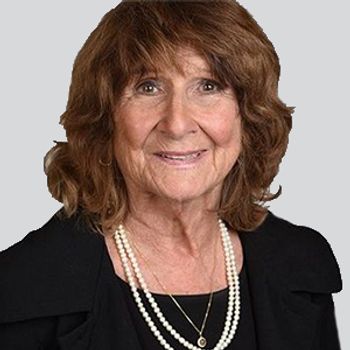
These consensus guidelines are significant not only for their key updates to clinical practice but for their representation of a more unified, global approach to diagnosing and monitoring patients with multiple sclerosis.

The trial will be the first neuroimaging study aimed at observing the impacts of rhythmic auditory stimulation on walking impairment in multiple sclerosis.
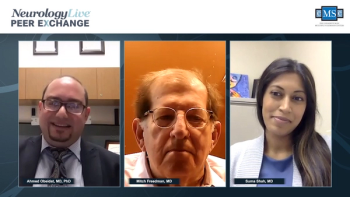
Join Ahmed Obeidat, MD, PhD; Mitchell Freedman, MD; and Suma Shah, MD, for the second program of this monthly series as they discuss the evolution of therapeutics for the treatment of multiple sclerosis.
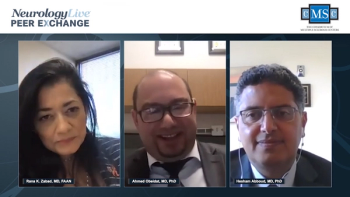
Join Ahmed Obeidat, MD, PhD; Hesham Abboud, MD, PhD; and Rana K. Zabad, MD, FAAN, for perspectives on how the diagnostic criteria for multiple sclerosis have evolved over time.
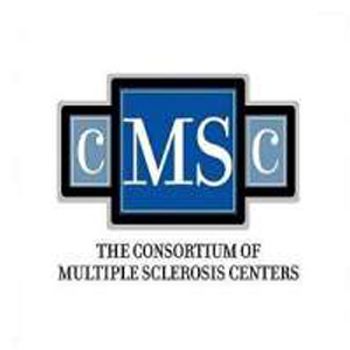
Increased disability was independently associated with worse clinical severity including death from COVID-19.

The assistant professor of biostatistics at Washington University in St. Louis discussed what role the COViMS registry can play for the MS community at this stage in the pandemic.
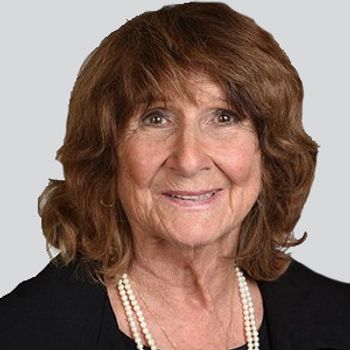
June Halper, chief executive officer of the Consortium of Multiple Sclerosis Centers, provides an inside perspective on MS education during MS Awareness Month.
